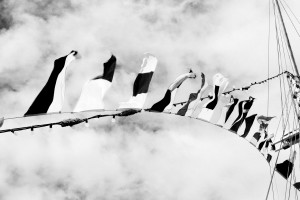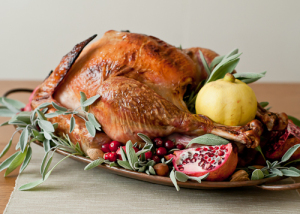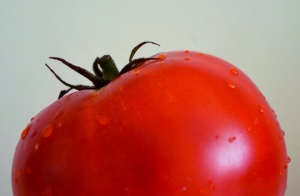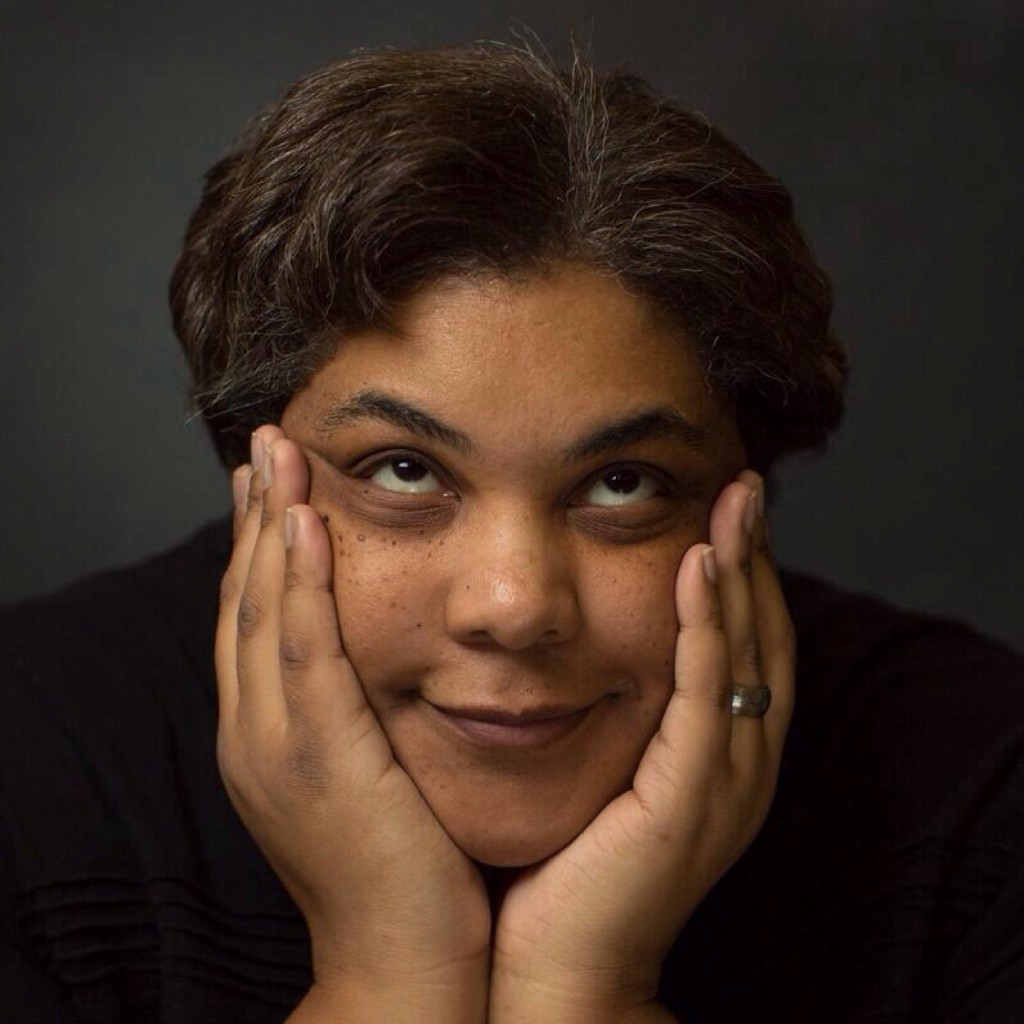Hemingway was a pack rat. Some selections from his extensive papers are being shown at the Morgan Library & Museum, including, but in no way limited to, this annotation of a letter from F. Scott Fitzgerald: “Kiss my ass/E.H." From The New York Times.
About crowdsourcing annotations and Alice in Wonderland. From the New Republic.
A deep dive into Hamlet’s body type. Would it change your perception of the play if Hamlet happened to be fat? Is that a question you never even considered? Somebody at Slate did.
Eileen sits down for an interview with Ben Lerner for the Paris Review. Also, in room 223 of the University of Montana Liberal Arts building, there’s a picture of Eileen Miles sitting on a toilet.
"There’s nothing more ambitious than a young poet. You feel omnipotent. You’re on the upswing of bipolar. And that enrages older poets—which, to a certain sensibility, only makes you want to be more vapid and fame obsessed and glib."
Ben Marcus and George Saunders sit down for an interview with essayistic questions and answers, in the process challenging every student of writing. As Ben Marcus puts it: I ask, among other things, for students to envision the short story in fifty years. To think about skipping ahead and writing that story now. From Granta.
And in conclusion,with Yogi Berra's death this Tuesday, we've lost one of the most linguistically interesting Americans in recent history.
A list of 35 of his most famous malapropisms, courtesy of the New York post.
My personal favorite: He hits from both sides of the plate. He’s amphibious.
Don’t be quick to label the late Berra as a simpleton. As an article from The Economist points out, he had a more plastic and humorous idea of language than others.
"Mr Berra would have chuckled at being taken so seriously by a language columnist. But he also was clearly having a laugh at those who took him so literally. He knew his reputation, and enjoyed it. His name is so synonymous with verbal gaffes that many sayings are falsely attributed to him. Or, as he put it, “I never said most of the things I said.”


 In honor of Thanksgiving, a forkful of literary food links.
In honor of Thanksgiving, a forkful of literary food links.
 Fiction from fact and the birth of Lolita: Sally Horner of Camden, New Jersey was abducted in 1948 when she was 11 years old. For almost two years, she was shuttled around the country by her abductor, Frank La Salle, whose convoluted criminal past went unnoticed by friends and neighbors who believed his story - that he was her loving, albeit controlling, father. Although her story didn't leave the local media, it caught the attention of one man who would use the news accounts as a springboard for one of his most important works - Vladimir Nabokov, and his Lolita.
Fiction from fact and the birth of Lolita: Sally Horner of Camden, New Jersey was abducted in 1948 when she was 11 years old. For almost two years, she was shuttled around the country by her abductor, Frank La Salle, whose convoluted criminal past went unnoticed by friends and neighbors who believed his story - that he was her loving, albeit controlling, father. Although her story didn't leave the local media, it caught the attention of one man who would use the news accounts as a springboard for one of his most important works - Vladimir Nabokov, and his Lolita.  Want more time to write? Engineer/entrepreneur Rob Rhinehart suggests that we can add 90 minutes to our day by spending less time on food preparation, consumption and cleanup.
Want more time to write? Engineer/entrepreneur Rob Rhinehart suggests that we can add 90 minutes to our day by spending less time on food preparation, consumption and cleanup.  On new beginnings: The Toast
On new beginnings: The Toast 